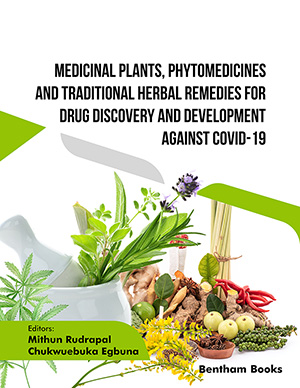Abstract
Background: The evolution of the Green movement in western society has changed attitudes in the general population who now perceive natural compounds as being inherently harmless and more desirable than artificial chemical products.
Objective: Considering the growing interest towards introducing naturally emerged medicines, the purpose of this review was to overview the ongoing research into prevention and treatment of multiple sclerosis (MS) lesions. Method: This review was carried out by searching bibliographic databases such as PubMed and Scopus for studies reported between 1st January 2008 to 30th January 2016 on MS patients or animal models of MS, investigating the beneficial effects of natural compounds in MS treatment. In this updated systematic review, the search terms were “multiple sclerosis” or “neurodegeneration” and (“natural compounds” or “medicinal plants”, “traditional medicine” or “native medicine”). Results: Studies with vitamins (A, B12, D, H), minerals (selenium and lithium), n-3 PUFAs, lipoic acid, statins, resveratrol, marijuana, EGCG and some probiotics have shown significant helpful effects in MS by preventing or delaying the onset of disease. Other natural compounds such as xanthines, anthocyanins, glucosinolates, isoflavones, organosulfurs, steroid glycosides, and alkaloids have also shown protective effects in the treatment of MS in animal models. Adverse effects were also reported in some of the experiments. Conclusion: Further studies with a focus on the molecular mechanisms of the protective natural compounds are needed to decrease possible side effects and to develop new medicines for MS. Apigenin, chrysin, baicalein, cyanidin, flavone glycoside, daidzein, coumestrol, sulforaphane, bee venom and huperzine A are the candidates for more prospective investigations.Keywords: Alternative medicine, demyelination, natural products, multiple sclerosis, neurodegenerative diseases, remyelination, systematic review.






























